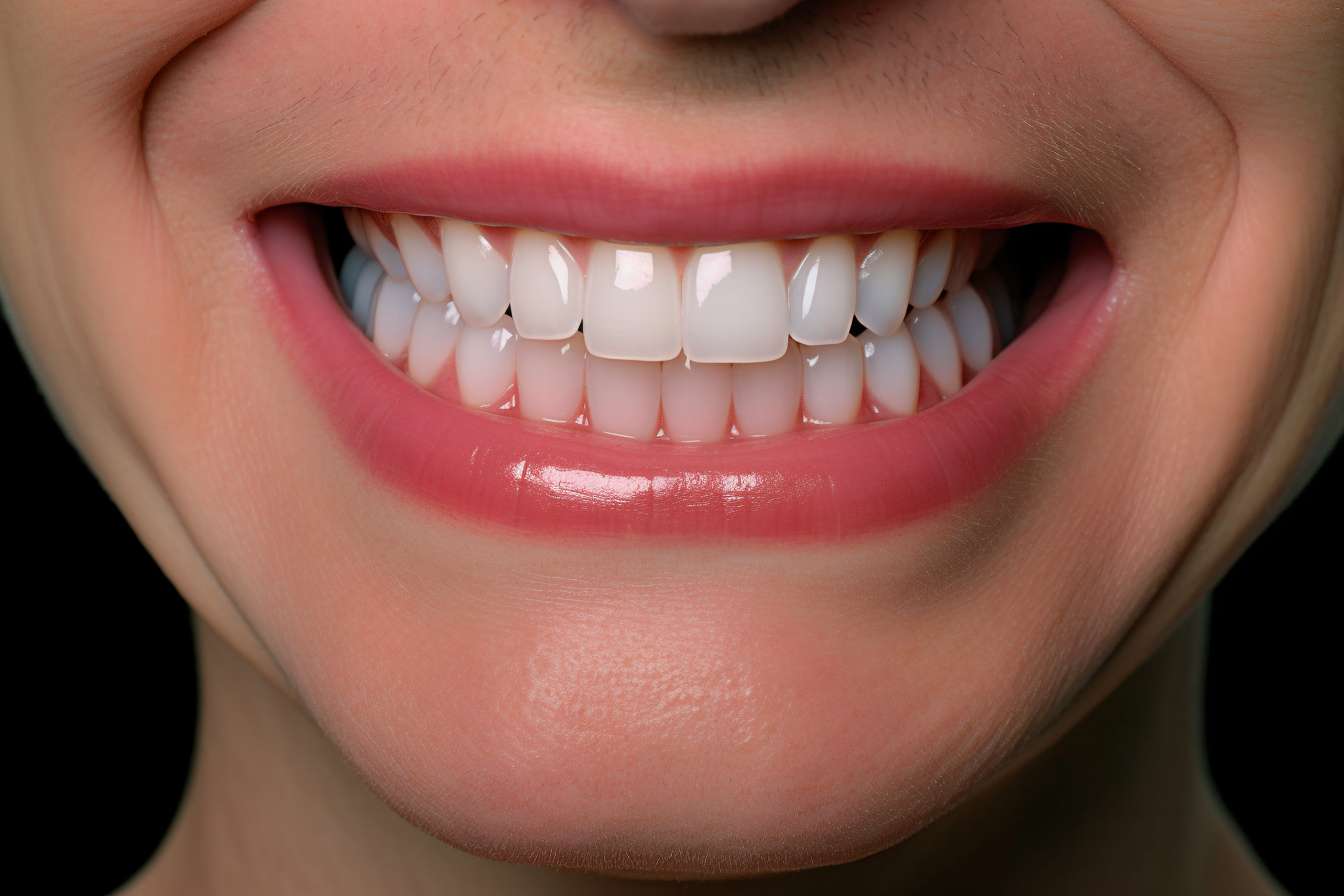Complete Dentures: Regain Your Smile and Confidence
Thinking about dentures? This comprehensive guide walks you through modern denture options, the fitting process, daily care, and how flexible "invisible" dentures compare to traditional and implant-supported solutions. Learn how dentures improve chewing, speech, oral health, and self-esteem, and find out when to consult your dentist for the best long-term results.

Dentures are a trusted way to replace missing teeth and restore both function and appearance. Designed to mimic natural teeth and gum tissue, removable dentures help people eat, speak, and smile more comfortably. Whether you’re new to dentures or considering a different type, this guide explains the fitting journey, benefits, maintenance tips, and contemporary alternatives such as flexible “invisible” dentures.
The denture process: from impressions to adjustments Getting a well-fitting denture typically requires multiple dental visits. At the first appointment your dentist captures detailed impressions and measurements of your mouth so a custom prosthesis can be designed. A dental laboratory then fabricates the appliance and you may return for a try-in appointment to confirm the fit, look, and bite alignment. Once you receive the final dentures, expect a period of adaptation; follow-up visits are common to tweak fit and comfort as your mouth adjusts and your speech and chewing improve with practice.
Key benefits of wearing dentures - Restored facial appearance and support: Dentures replace lost teeth and help support lips and cheeks, reducing a hollowed or sunken look and contributing to a more youthful facial profile. - Better chewing and digestion: Replacing teeth allows more effective breakdown of food, which aids digestion and nutrient absorption. - Improved speech clarity: Missing teeth can change how you pronounce words; dentures often help restore normal speech patterns. - Oral stability: Dentures can prevent remaining teeth from shifting and help distribute chewing forces more evenly across the jaw. - Increased confidence: A restored smile frequently boosts self-esteem and makes social interactions more comfortable.
Daily care to prolong denture life and protect oral tissues Proper upkeep extends the lifespan of dentures and protects the mouth. Important habits include: 1. Daily cleaning: Remove dentures each day and clean them with a soft-bristled brush and a non-abrasive denture cleaner to remove food particles and plaque. 2. Overnight soaking: Store dentures in water or a recommended soaking solution when not worn to keep them from drying out and warping. 3. Careful handling: Dentures can crack or chip if dropped—clean them over a folded towel or a sink partly filled with water to lessen the risk of damage. 4. Oral tissue care: Even with no natural teeth, brush your gums, tongue, and palate gently with a soft toothbrush to stimulate circulation and remove buildup. 5. Regular dental visits: Schedule routine check-ups so your dentist can professionally clean the prosthesis, verify fit, and perform necessary adjustments.
What are “invisible” or flexible dentures? Flexible dentures are crafted from a thin, pliable thermoplastic that adapts to the contours of the mouth. Their benefits include improved comfort, a more lifelike appearance because the material blends with gum tone, and greater resistance to cracking compared with rigid acrylic bases. Many flexible designs avoid visible metal clasps, making them less noticeable. However, flexible dentures are not ideal for every situation. In cases where maximum stability, bite support, or particular oral conditions are required, traditional acrylic dentures or implant-supported restorations may be more appropriate. Your dentist will help determine the best option based on your anatomy, needs, and goals.
How dentures influence oral health and overall wellbeing Beyond cosmetic and functional improvements, dentures can positively affect nutrition and communication by restoring tooth function. They also support facial muscles and soft tissues, helping preserve facial contours. It’s important to note, however, that while dentures provide functional stimulation to the mouth, they do not prevent jawbone resorption as effectively as dental implants. Regular dental monitoring is essential to manage changes in fit over time and to address oral health needs.
Final considerations and next steps Dentures remain a versatile and effective solution for replacing missing teeth when properly selected, fitted, and cared for. Choosing among traditional acrylic, flexible, or implant-supported options depends on your oral health, lifestyle, and budget. Work closely with your dental professional to select the best approach, follow a consistent care routine, and attend routine check-ups to ensure lasting comfort and performance.
This information is intended for educational purposes and does not substitute professional dental advice. Consult a licensed dentist for an individualized diagnosis and treatment plan.




